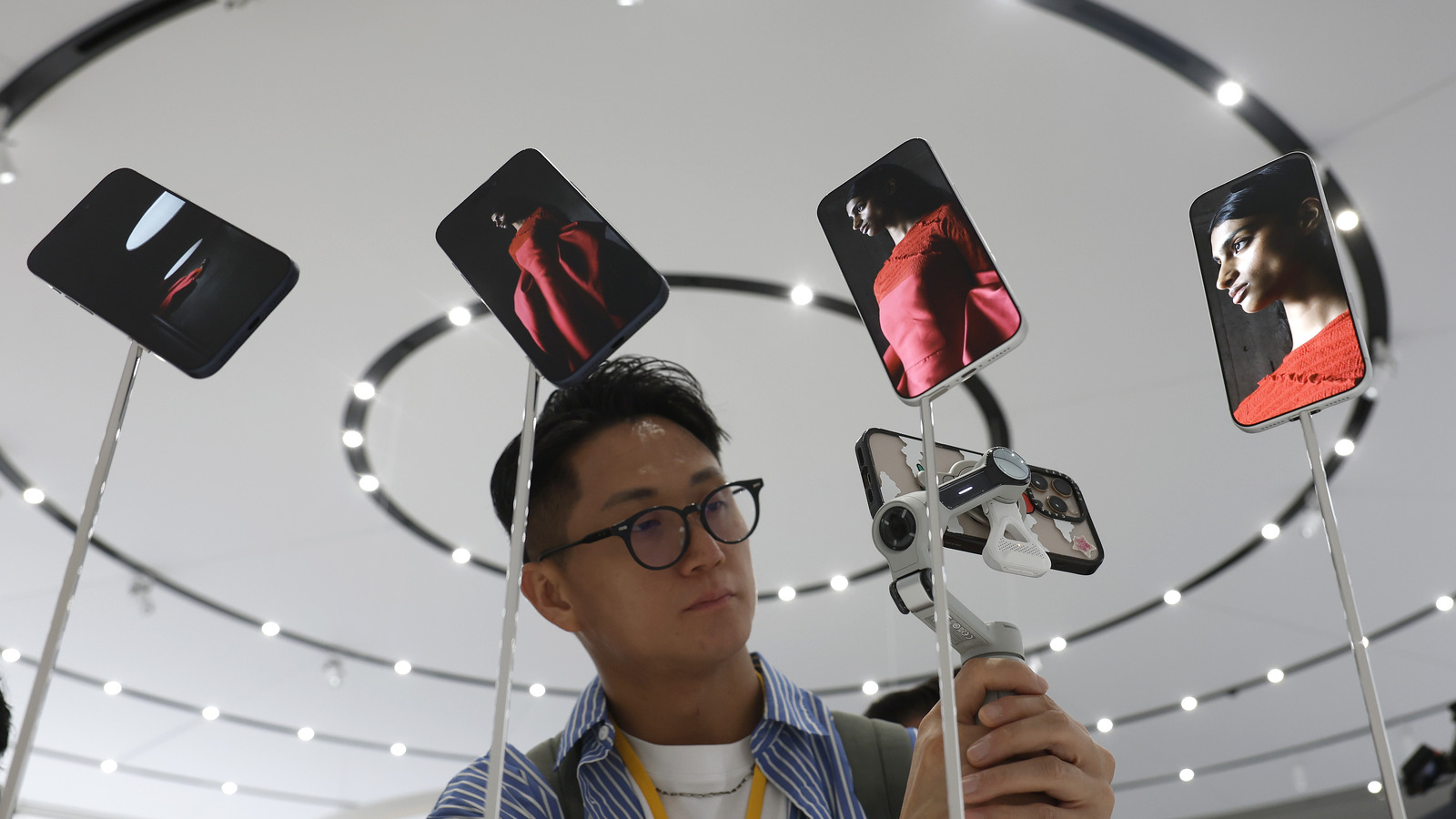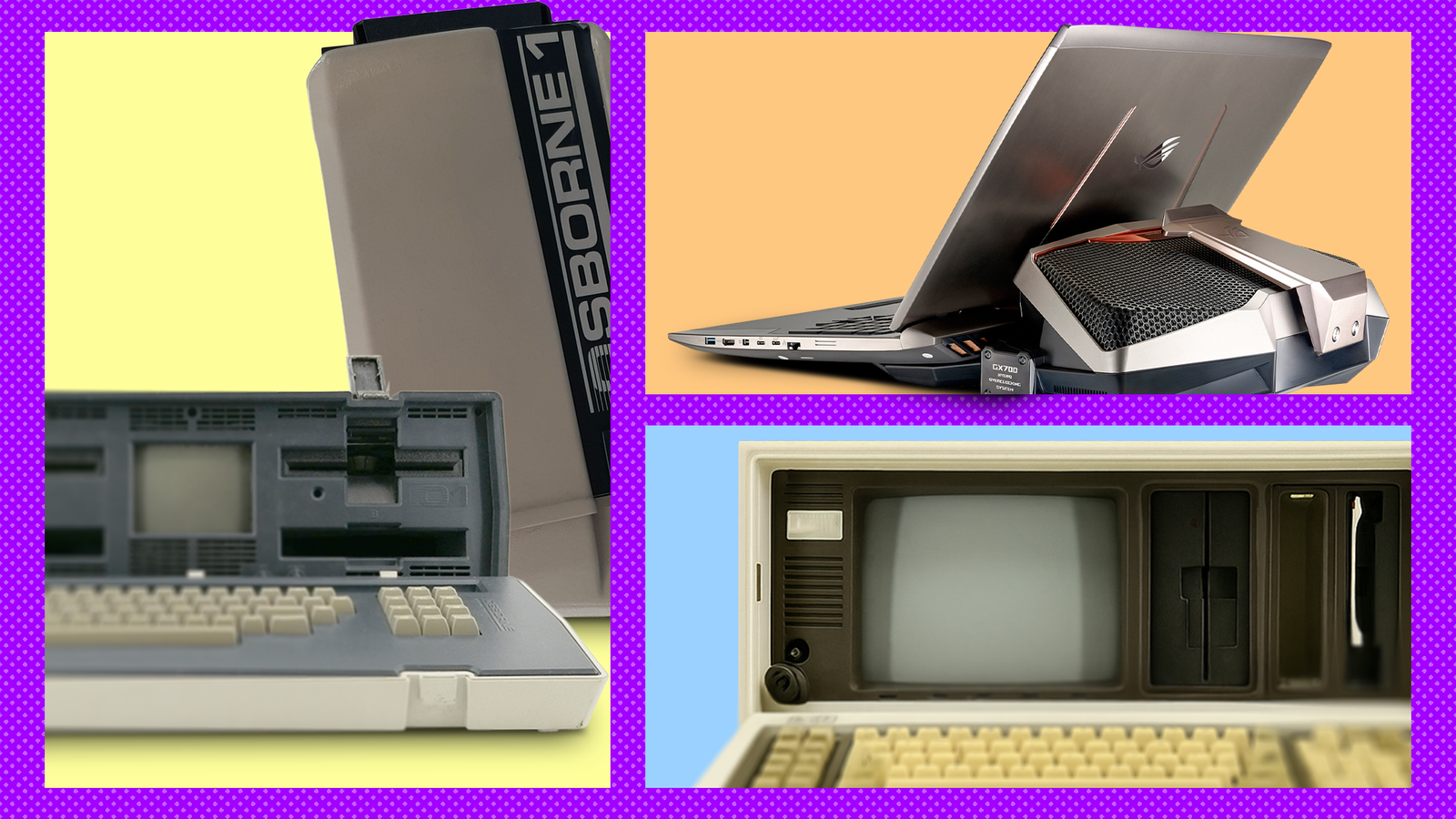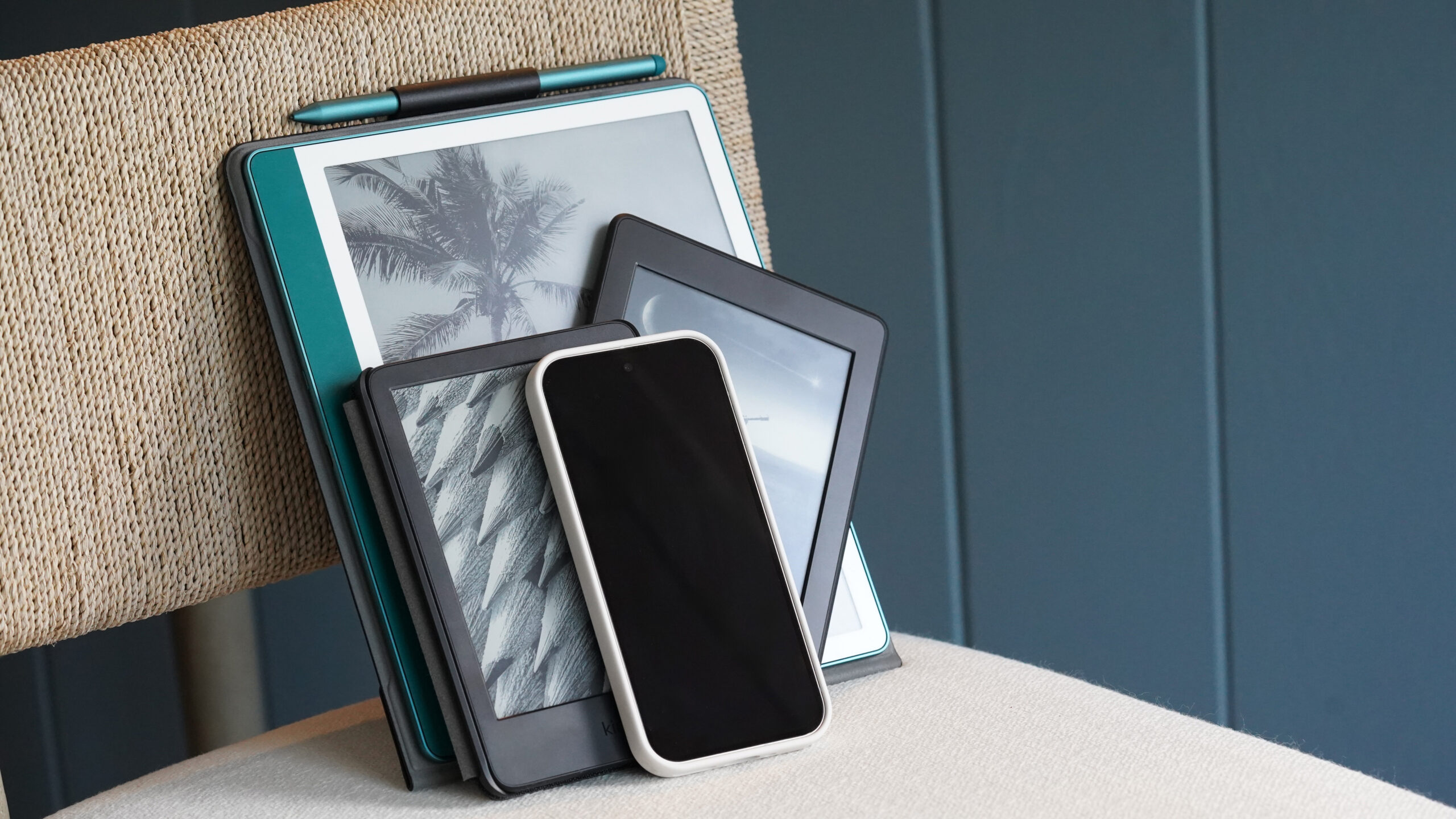ALMOST half of cat and dog owners want future technology to translate what their pets are saying.
Four in 10 cat and dog owners want future technology to help translate barks and meows.
3

3
A survey of 2,000 cat and dog owners revealed the technological advancements they’re hoping to see for their pets in the future, including smart watches and automated teeth brushing devices.
Automatic pooper scoopers (34 per cent), AI animals to be a ‘friend’ to their pet (13 per cent) and anxiety and emotional support solutions (29 per cent) were also popular.
Others want to see pet beds which change temperature based on how the cats and dogs feel (26 per cent), smart home appliances controlled by barks and meows (14 per cent) and public transport purely for pets and owners (13 per cent).
If owners could ask their cat or dog about one thing, the majority (20 per cent) would opt to know about their physical health, while 17 per cent want to be told how happy – or unhappy – they are.
The research, commissioned by Pet Drugs Online to celebrate its 20th anniversary, also found 29 per cent would like to see the invention of paw recognition doors.
Trent Webb, product sales data expert at Pet Drugs Online said: “Over the past 20 years, we’ve seen an increased trend of humanisation of pet care, particularly in the nutrition, dietary and health products that pet parents are purchasing.
“Dog parents’ approaches to purchasing pet supplements have evolved over the past ten years; while purchasing general multivitamins has decreased by six per cent, sales of specific nutritional support supplements have increased by 231 per cent.
“However, for cat parents, multivitamins prove the most popular of all supplements at 21 per cent, but sales have reduced by 53 per cent over the past decade.
“Supplements to help felines reduce their stress and anxiety are in the highest demand, rising by 1,703 per cent in five years.
“Stress-reducing supplements remain the go-to for pet owners, but specific foods dedicated to supporting our four-legged friends are gaining ground.
“We’ve seen that owners who purchased stress relief diffusers between 2020 and 2023, are repurchasing refills, indicating that they really see the benefits of calming scents and products that are designed to reduce stress in the home.”
Reflecting on what’s changed since the online retailer launched, the research also found 76 per cent of pet parents believe the standard of pet care products has improved in the past two decades.
A further 74 per cent think the availability of expert-backed information for owners has increased and more than half (59 per cent) also believe pets are generally living longer lives now compared to 20 years ago.
In the future, owners expect products to be more sustainable (29 per cent), personalised (27 per cent) and health-related (30 per cent).
Pet parents have already been making savvier nutritional choices, tailored to the individual needs of their pets, with joint and muscle (30 per cent), general multivitamins (24 per cent) and stress and anxiety-reducing supplements (18 per cent) being the most popular supplements for owners to purchase.
Sarah Page-Jones, head of veterinary compliance at the brand, one of the UK’s largest suppliers of veterinary medication online and animal care products, said: “This research paints an exciting picture of the future of pet care.
“We’ve come a long way already, with tech inventions such as automatic feeders, cameras and DNA testing kits, but there are still so many opportunities.
“It’s clear pet owners are eager for even more innovation, especially when it comes to the health of their pets and everyday convenience.
“We know that the focuses we have on human health always trickle down to the priorities pet owners have for their companions – seen through food and nutritional demand over the past decade.
“Looking ahead, pet’s mental health will likely become more important to owners, as it has for humans in recent years.”
Over the past 20 years, there has also been a major shift from standard kibble to premium, organic, raw and speciality diets (such as grain-free, vegan, hypoallergenic), according to the brand’s data.
Trent Webb said: “Pet parents want variety, and we’ve seen them purchasing from 283 per cent more food brands than they did ten years ago.”
In general, 69 per cent of pet parents polled via OnePoll feel optimistic about the future of pet care and ownership.
Sarah Page-Jones added: “Pets are so much more than furry companions. They are members of the family whom we prioritise and care for as much as we would any other relative.
“We’re excited to see what the future holds for pet care, hopefully helping both pets and owners to spend more time together, understand one another and improve all areas of health and wellbeing.”
TOP 15 ADVANCEMENTS OWNERS WANT TO SEE FOR THEIR PET’S LIFE IN THE FUTURE:

Here are the top 15 advancements owners want to see for their pet’s life in the future:
- Devices that automatically pick up dog or cat poo
- Smart pet doors which open or close based on paw or facial recognition
- Litter trays that clean themselves
- Temperature-changing pet beds based on how they feel
- Self-cleaning pet beds
- Secure-fenced pet areas in public spaces
- Tech which can self-groom my pet e.g. cut and brush their hair
- Robots to help me when needed, e.g. to take them for a walk, entertain them
- Smart home appliances which are controlled by animals’ noises, e.g. a bark turns on a washing machine, a meow automatically opens the curtains
- AI-based pet sitters for holidays and trips away
- AI animals to be a ‘friend’ to my pet
- Public transport that’s purely for pet owners and their pets
- Life-sized holograms to speak to my pet when I’m not at home
- VR headsets for animals to keep them entertained while I’m not there
- Pet-only films and theatre shows

3









